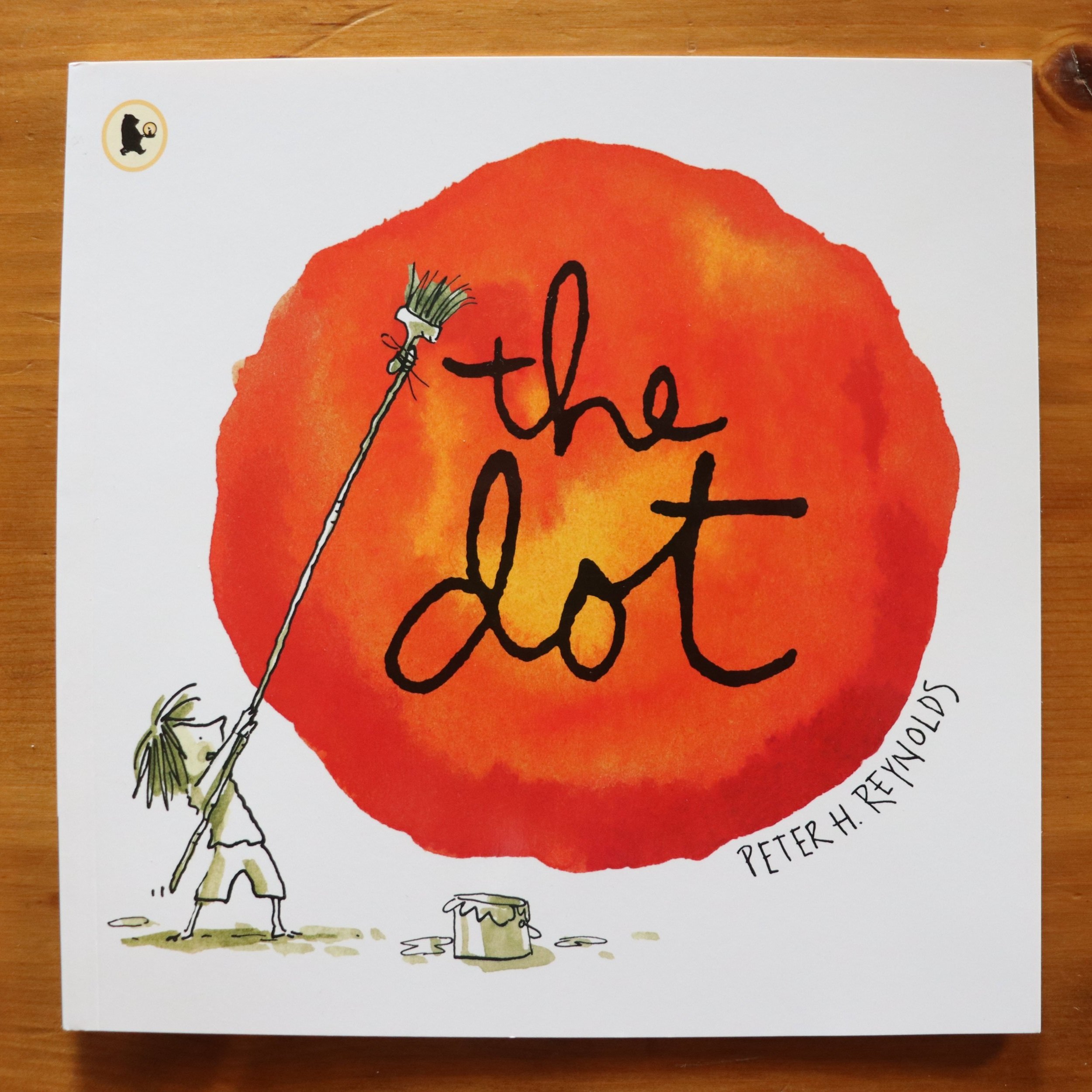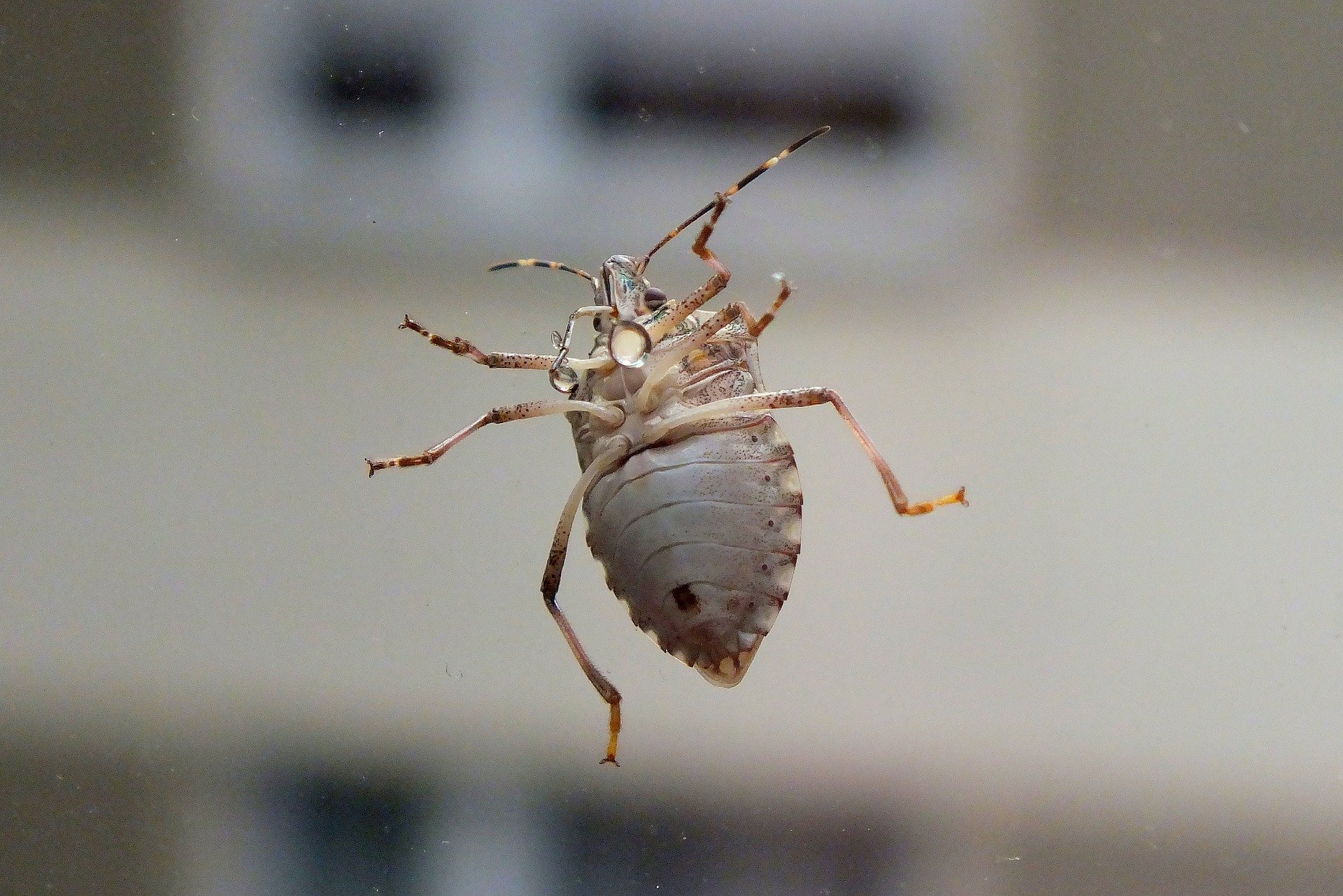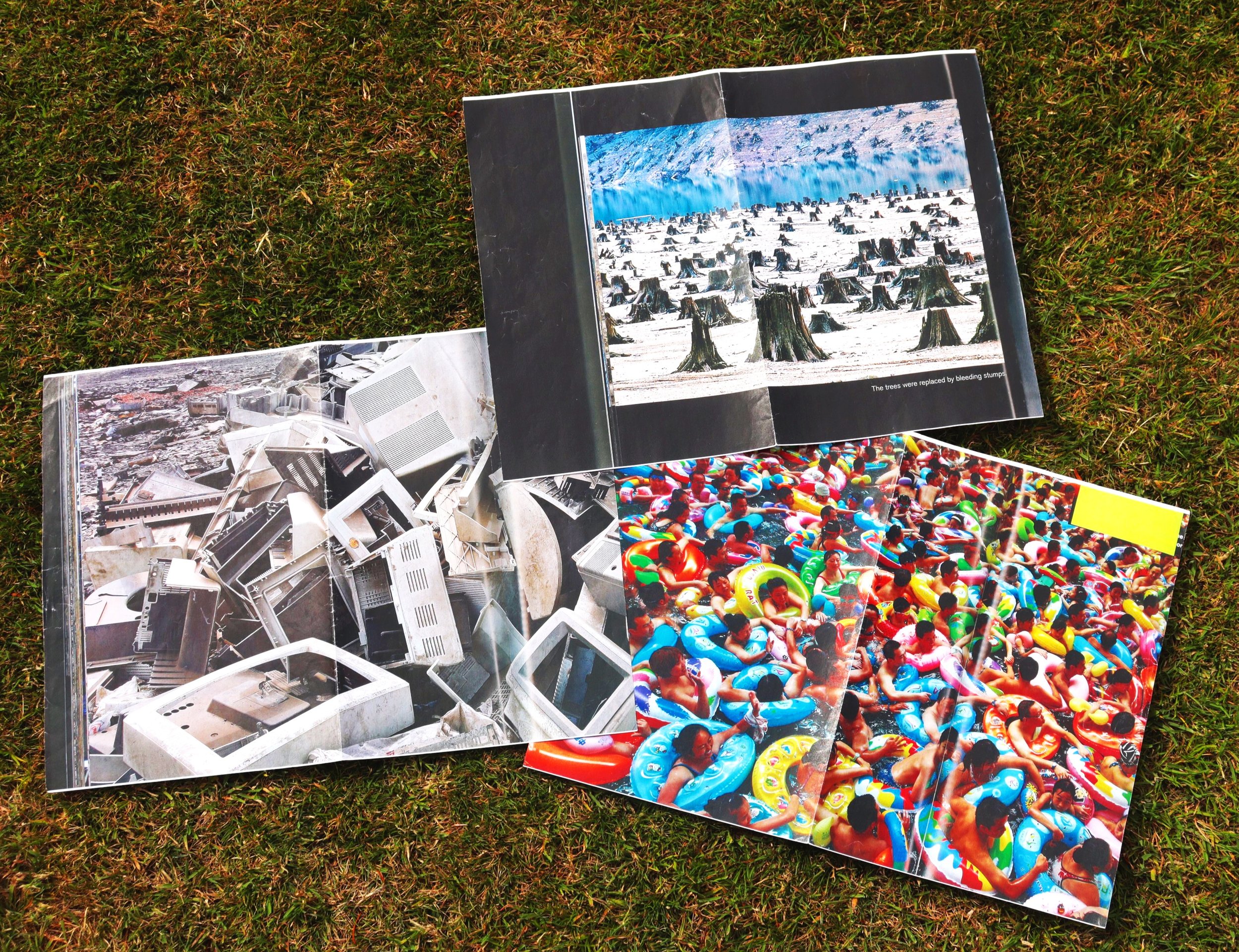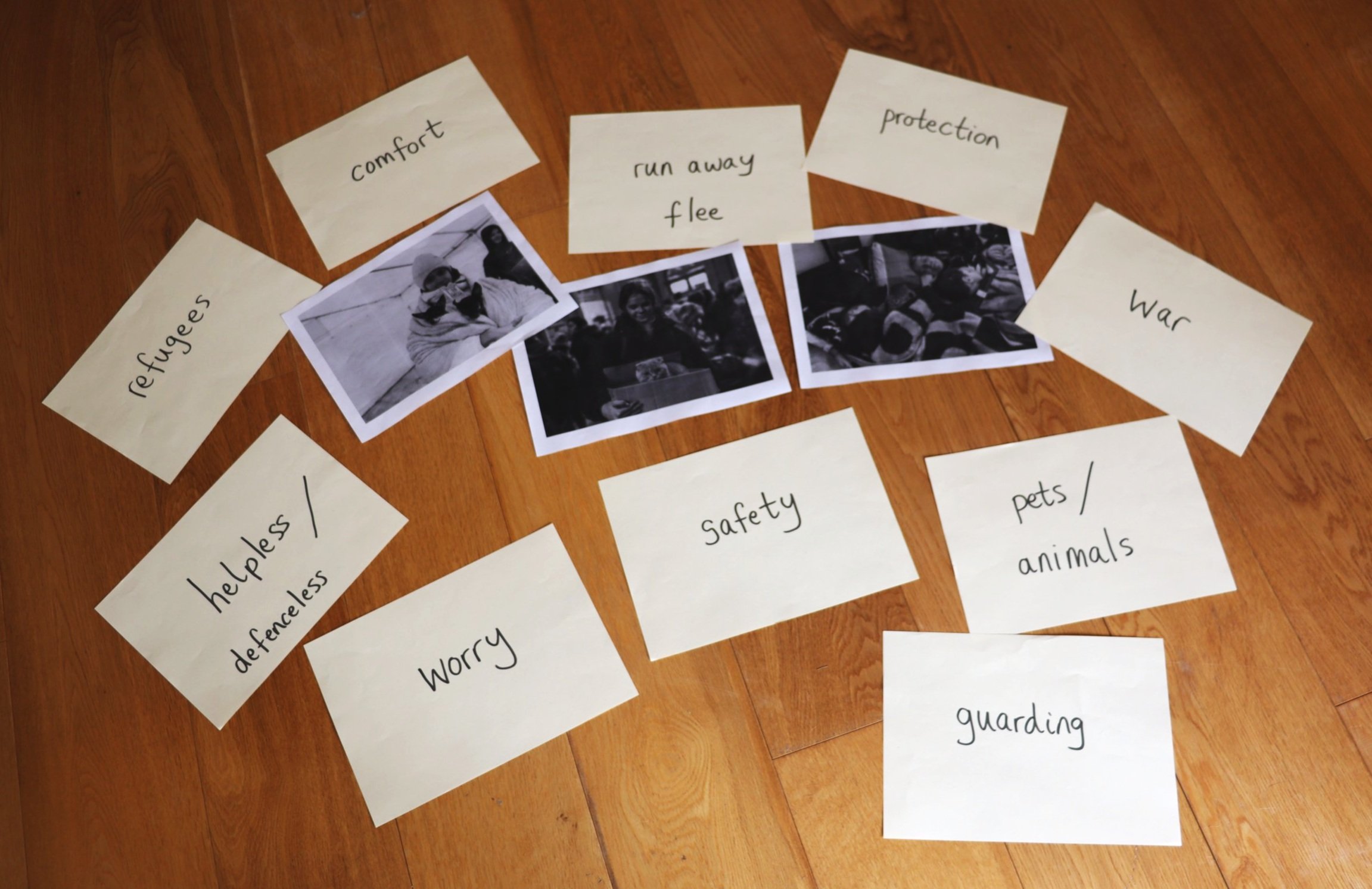World Philosophy Day, on 21st November 2024, provides a great opportunity for a whole-school focus on philosophy.
Here are some ideas you could use to get everyone involved:
Share a stimulus with the whole school and provide time for children in all classes to have dialogue about it. Use something that children across the school will be able to access and respond to – for example Frederick by Leo Lionni, or the short film Unexpected.
Big questions wall: Create a space where children can write down questions they wonder about, for example Why do we have rules?
Philosophical art: Give pupils concepts to draw, for example happiness, peace or communication. This is simple, yet powerful! Children’s understanding of concepts will deepen through comparing what they have drawn. Afterwards, create a philosophical art gallery with everyone’s work.
Play games to develop the 4Cs of philosophical thinking.
Ethics scenarios: Present scenarios for children to role-play and/or discuss. For example: A classmate shows you a drawing they made and asks if you like it. You think it’s not very good, but they look proud. Should you be honest, or try to make them feel good? Can you be kind without lying?
Philosophy playtime: Chalk philosophical questions around the playground for children to discuss. For example, What if animals could talk? What makes something beautiful? Why are we here? Provide chalk for children to respond and write more questions.
Philosophy lunch: Display P4C questions or thinking questions in the dinner hall.
Philosophy for parents: Invite parents in to watch their child’s class doing Philosophy for Children, or to experience doing a philosophical enquiry themselves!
Philosophical charades: Write philosophical concepts (big ideas such as kindness, courage, fairness, etc.) on cards, and have children take turns to act them out silently. The rest of the class guesses the concept.
An inclusive and sustainable future
This year’s UNESCO theme for World Philosophy Day is philosophy for an inclusive and sustainable future. Here are some questions you could discuss in line with this:
Who is responsible for keeping the Earth healthy?
How much is ‘enough’ when it comes to using things like water, food, and toys?
Is it ok that some people use more resources than others?
Should we think about the needs of future generations?













